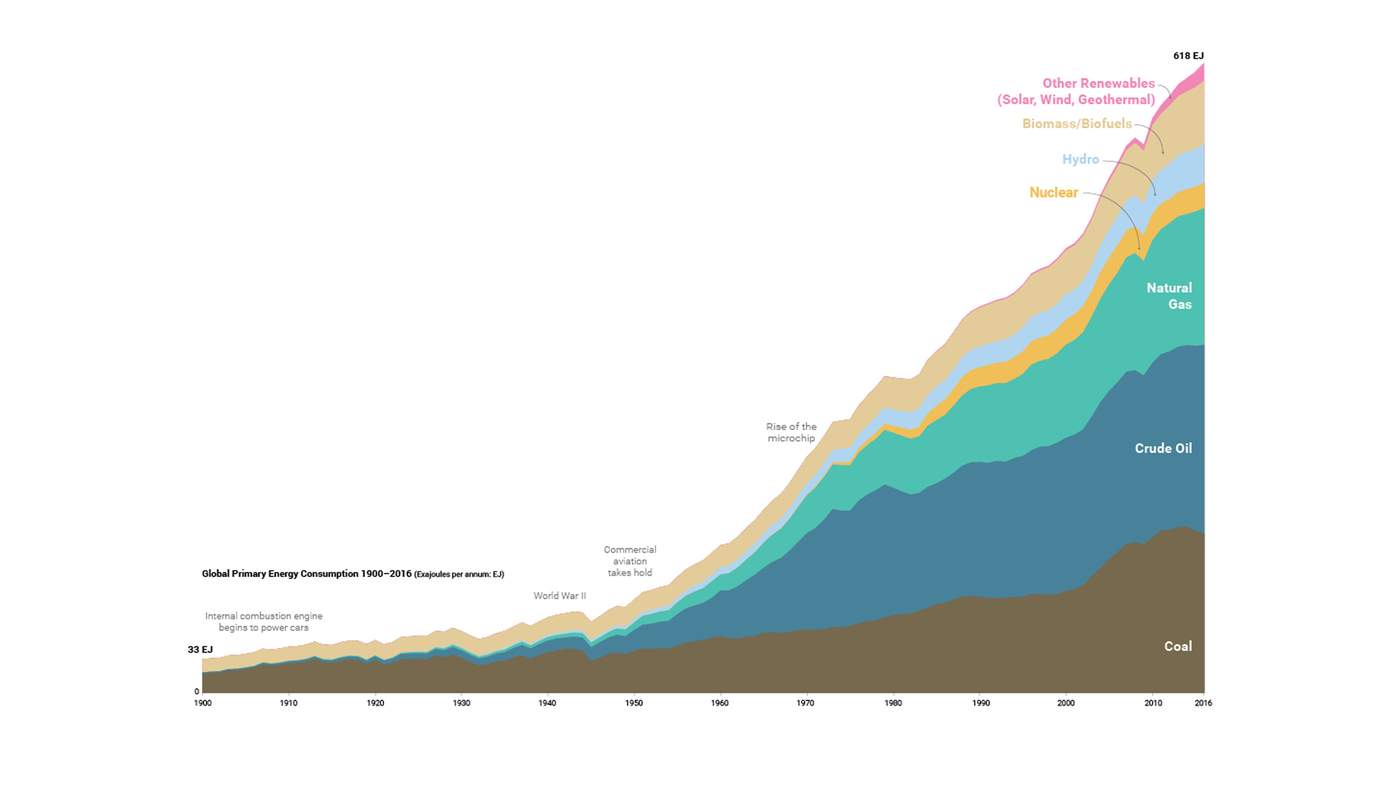Canola Trade Diversification: China's Response To Canada Tensions

Table of Contents
The Impact of Canada-China Tensions on Canola Trade
China's Restrictions on Canadian Canola
China's imposition of restrictions on Canadian canola imports has profoundly impacted the global canola market. These restrictions, implemented over several years, included:
- Import Bans and Tariffs: Beginning in 2019, China implemented a series of import bans and tariffs on Canadian canola, citing concerns about pest infestations and quarantine issues. These actions significantly hampered Canadian canola exports to China, its largest export market.
- Lengthy Investigations: The Chinese government launched lengthy investigations into Canadian canola shipments, further delaying and disrupting the trade flow. This created uncertainty and hindered the ability of Canadian farmers to plan and sell their crops.
- Economic Impact on Canadian Farmers: The loss of the Chinese market led to significant financial losses for Canadian canola farmers, impacting prices, production, and farm incomes. Many Canadian farmers were forced to seek alternative markets or reduce production.
Canada's Response to Trade Barriers
Canada responded to China's restrictions through various channels:
- WTO Complaint: Canada launched a formal complaint with the World Trade Organization (WTO) challenging China's actions and seeking redress for unfair trade practices. This legal process, however, is often lengthy and complex.
- Bilateral Discussions: Diplomatic efforts were undertaken through various bilateral channels to resolve the trade dispute and restore access to the Chinese market. These efforts yielded limited success.
- Market Diversification: The Canadian government actively encouraged and supported efforts to diversify Canadian canola exports to other international markets, including the EU and other Asian countries. This required substantial investment in market development and logistics.
China's Strategies for Canola Trade Diversification
Increased Imports from Other Countries
Facing disruptions in its Canadian canola supply, China significantly increased its reliance on alternative sources:
- Australia: Australia emerged as a major beneficiary, substantially increasing its canola exports to China to fill the gap left by Canada. This resulted in a significant increase in Australia's share of the Chinese canola market.
- Ukraine and Russia: Ukraine and Russia also experienced increased demand from China, although geopolitical instability in the region created uncertainties in supply and pricing. These countries became important players in the China canola imports landscape.
- Impact on Global Prices: This shift in sourcing influenced global canola prices, with increased demand from China leading to price fluctuations and impacting global supply chains.
Domestic Canola Production Enhancement
To reduce its reliance on imports, China has also focused on boosting its domestic canola production:
- Government Policies: The Chinese government implemented various policies, including agricultural subsidies and land allocation incentives, to support domestic canola farmers and encourage increased production.
- Investment in R&D: Investment in research and development aimed at improving canola yields, disease resistance, and overall production efficiency played a significant role.
- Challenges: Despite these efforts, China's domestic canola production still faces challenges, including limited arable land, water scarcity, and the need for further technological advancements.
The Long-Term Implications of Canola Trade Diversification
Global Canola Market Dynamics
China's canola trade diversification significantly impacted the global canola market:
- Price Volatility: Fluctuations in global canola prices became more pronounced due to the shifting supply chains and increased competition among producing nations.
- Market Share Shifts: The traditional dominance of Canada in the Chinese market was significantly challenged, leading to a redistribution of market share among various exporting countries.
- Supply Chain Resilience: The diversification efforts highlight the need for resilient and diversified supply chains in the global agricultural sector to mitigate risks associated with geopolitical instability.
Geopolitical Considerations
The implications of China's diversification strategy extend beyond the economics of canola trade:
- Trade Relations: The canola dispute strained relations between Canada and China, highlighting the vulnerability of agricultural trade to geopolitical tensions.
- Future Trade Disputes: The events underscore the potential for future trade disputes related to agricultural products and the importance of transparent and predictable trade policies.
- Shifting Alliances: The diversification reshaped the alliances within the global agricultural sector, leading to new partnerships and competitive dynamics among canola-producing nations.
Conclusion: The Future of Canola Trade and the Need for Strategic Adaptation
China's successful diversification of its canola imports has significantly altered the global canola market, impacting Canada and reshaping the landscape of international agricultural trade. The evolving geopolitical landscape necessitates strategic adaptation from all players involved. The future of canola trade hinges on the ability of nations to navigate these complexities, ensuring stable and reliable supply chains. Staying informed about developments in canola trade diversification and its implications for global agricultural markets is crucial for all stakeholders. Understanding the intricacies of China canola imports, Canada canola exports, and the overall canola trade diversification strategy will be vital in shaping the future of this critical agricultural commodity.

Featured Posts
-
 Exploring Davids Identity 5 Theories In He Morgan Brothers High Potential
May 09, 2025
Exploring Davids Identity 5 Theories In He Morgan Brothers High Potential
May 09, 2025 -
 Champions League Semi Finals Barcelona Inter Arsenal Psg Dates
May 09, 2025
Champions League Semi Finals Barcelona Inter Arsenal Psg Dates
May 09, 2025 -
 Rakesh Sharma Indias First Astronaut His Journey And Current Life
May 09, 2025
Rakesh Sharma Indias First Astronaut His Journey And Current Life
May 09, 2025 -
 Analyzing The Great Decoupling A Deep Dive Into Key Factors
May 09, 2025
Analyzing The Great Decoupling A Deep Dive Into Key Factors
May 09, 2025 -
 Lingering Effects Toxic Chemicals From Ohio Train Derailment Remain In Buildings For Months
May 09, 2025
Lingering Effects Toxic Chemicals From Ohio Train Derailment Remain In Buildings For Months
May 09, 2025
Latest Posts
-
 Natos Ai Strategy The Impact Of Palantirs New Partnership
May 09, 2025
Natos Ai Strategy The Impact Of Palantirs New Partnership
May 09, 2025 -
 Predicting The Future Palantir Nato And The Ai Revolution In Public Service
May 09, 2025
Predicting The Future Palantir Nato And The Ai Revolution In Public Service
May 09, 2025 -
 Revised Palantir Stock Price Targets Following Market Rally
May 09, 2025
Revised Palantir Stock Price Targets Following Market Rally
May 09, 2025 -
 Palantir Stock Analyst Predictions After Significant Price Increase
May 09, 2025
Palantir Stock Analyst Predictions After Significant Price Increase
May 09, 2025 -
 Palantirs Nato Deal How Ai Is Transforming Public Sector Operations
May 09, 2025
Palantirs Nato Deal How Ai Is Transforming Public Sector Operations
May 09, 2025
